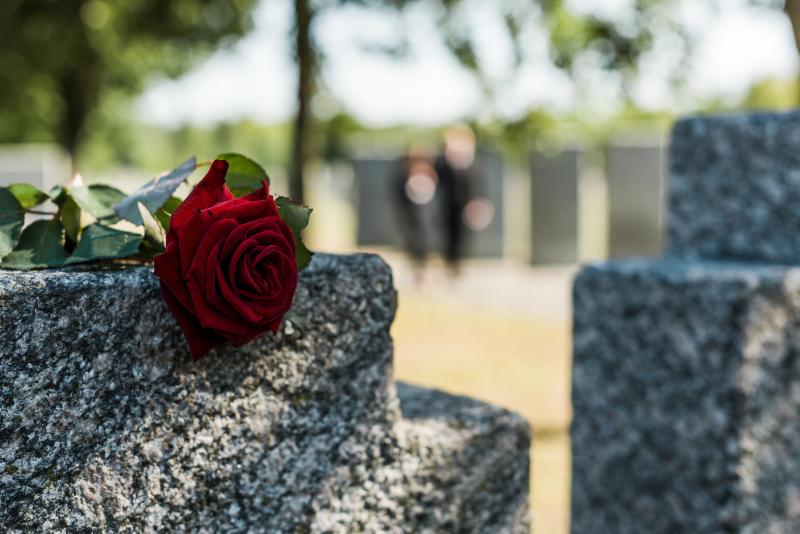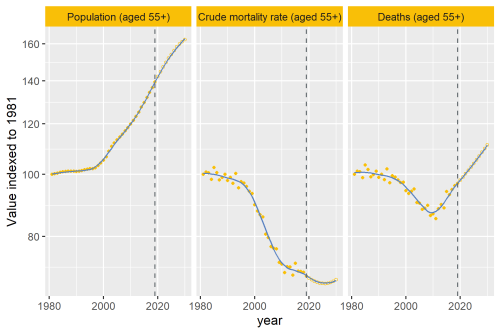“Dad, why are all your ‘peptalks’ about death?”
Children can be a source of fundamental insight. They seem to specialise in feedback of the unvarnished, unmediated and fully caffeinated variety. The kind of feedback that cuts straight to it.
My youngest daughter, mid-way through our sunny walk down the hill to school, pressed on:
“And you wear black all the time. You look like a crow…”
Fundamental insight, and now fashion advice. This was quite the school run.
At least when it comes to the topic of death, she was spot-on. Philosophically, I’ve long been attracted to the question of how meditating on death clarifies choices about living.
I'd go a long way with John Gray when he argues that humans are ‘the death-defined animal’: that knowledge of our certain death drives and shapes our lives. (A point that, I admit now, might have been lost on my 10 year old).
And on a very personal level, the unexpected death of my father fundamentally changed my life. It changed what I value, and how I invest my time and attention. Philosophical interest took me so far; an emotional shockwave made it real.
Extending this insight out to wider society, what does our treatment of the dead and dying say about us collectively? And what does this mean for the way we value the care provided at the end of life?
These perspectives have frequently drawn me to end of life care as a topic. It offers a rare opportunity to combine high-grade analysis with an emotional and deeply human salience.
And so I'm extremely proud of the work the Strategy Unit has done in this area. Most recently, Justine Wiltshire led an analysis for Macmillan Cancer Support that provided a picture of end of life care in England, looking at 400,000 adult deaths in 2021/22.
The picture is rich and subtle; and yet there are stand-out features in the analysis.
For example, we show that some demographic groups are at systematically higher risk of poor outcomes (such as unplanned admissions, and dying in hospital) than others. These groups were younger, male, from urban areas, Asian/Asian British or Black/Black British, and living in areas of greater deprivation.
And, in a finding I had not seen elsewhere, we found that people who live alone are 52% more likely to die in hospital than those who live with others. This struck me as a risk factor that services can and do know fairly easily.
Following the assessment of outcomes, we looked at what might improve things. We did this by examining the supply of services - such as primary care, district nurses, and care homes – that may help improve people’s experiences at the end of life.
Here we found that a relatively modest increase in community care can substantially reduce the likelihood of dying in hospital. An additional 10 community contacts in the last 90 days of life was associated with an 18% reduction in the risk of dying in hospital. Community contacts also reduced multiple A&E attendances, out-of-hours visits to hospital, and additional unplanned care.
We found similar, if more modest and more mixed, effects from the availability of care home beds and the use of primary care palliative care registers.
The full analysis is impressive (as is the peer reviewed paper that span out of it) and my quick run through doesn’t do it justice. But it’s value – and its place - in the process of improving care for the dying was summarised quickly and skilfully by Dr Ollie Minton.
In the letters page of the Guardian, in response to an article by Adrian Chiles describing his father’s death, Dr Minton wrote:
“We have all the data in the world to show what matters – for example, A Picture of End-of-Life Care in England, and we are always producing more thanks to organisations such as Macmillan, for which I am an adviser on end-of-life care. What the data doesn’t do is bring out the emotions involved. We can do so much more by having open conversations as doctors, friends, families and as a society.”
Open conversations? Clearly there’s a professional job to do here. Dr Minton is hard at work as a clinical leader, and – via our analysis - I'm pleased the Strategy Unit is also playing its part.
And maybe, just maybe, my parenting peptalks will come in handy after all…




